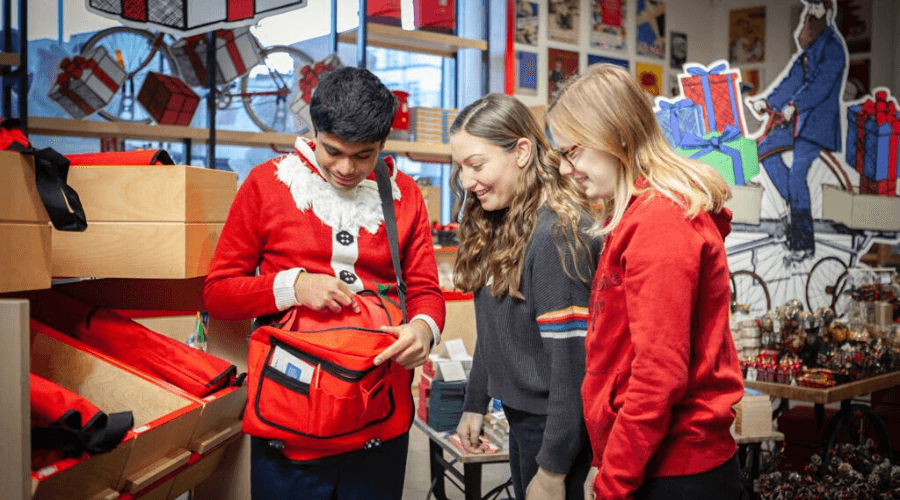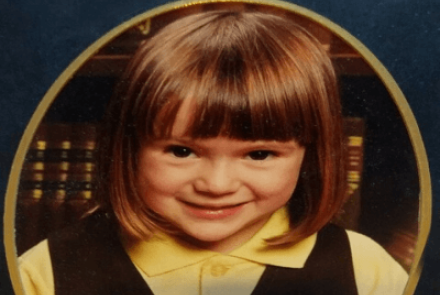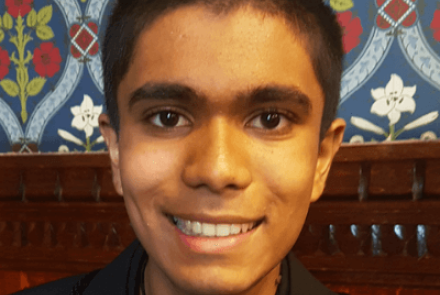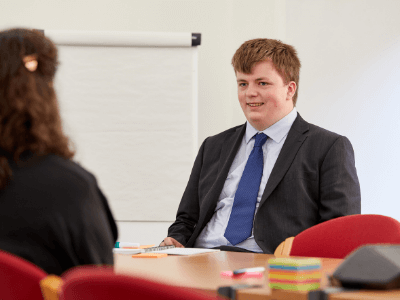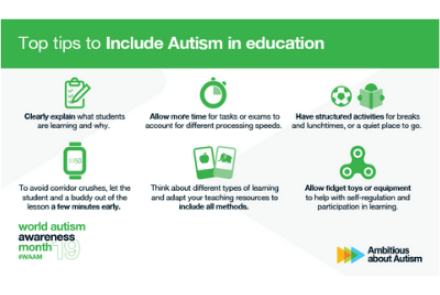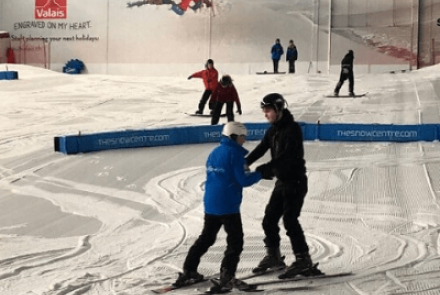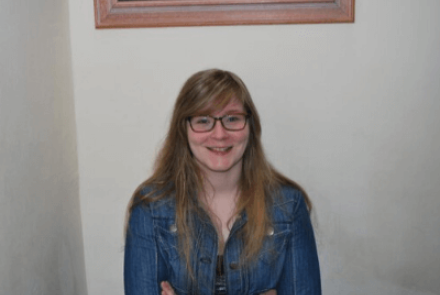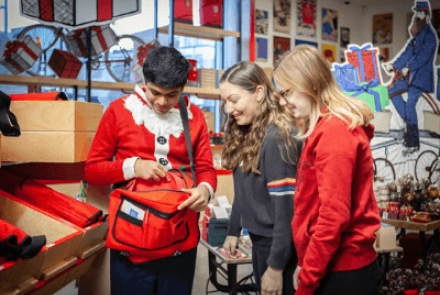Co-production at the heart of what we do
I work in Ambitious about Autism’s participation team and our core ethos is enabling autistic children and young people to not only have their voices heard on what they think is important but to give them the power to make the changes they want to see. We facilitate what they want to work on. Their ideas and the projects that they create lead our entire work. If they share that they want to do more of a specific activity, opportunity or campaign then that is the direction that our work is led in.
Creating resources
One of the projects that showcases our co-production work at its best is Include Autism – a toolkit and workshops to make youth and leisure groups more inclusive for autistic children and young people. The young people we work with told us that the opportunities we provide are inclusive but in their local area they are often excluded from youth groups, they wanted this to change.
We set up workshops with the young people involved to create information and resources that was led by them. Together we developed, wrote and designed a toolkit and accompanying workshops with the whole process documented by autistic young people. The young people wanted to create something that made sense and took the guess work out of support and inclusion. Youth Patron Bella said inclusion is just as important as having the right information to work from. She says creating something with a diverse group of autistic people has avoided stereotypes.
“We are the experts and developing the toolkit based on autistic lived experiences is what makes it work. You can't know what would work for autistic young people if you're not autistic. Together we have developed a toolkit that works for all autistic young people just by voicing what works for us.”
Working with museums
Since 2018, Ambitious about Autism has been working with The Postal Museum to make its visitor experience more inclusive for autistic people. Bringing together autistic special interests in post and stamps, autistic young people have to create resources and events to support autistic visitors to the museum. Together they have created visual stories, a pre-visit film, communication cards and a series of events catering to the needs of neurodiverse people.
What was important in this project was the commitment from young people, facilitators and the museum to create with autistic people, for autistic people. The decisions made were made by the young people and museum staff together to ensure the needs and wants for both groups could be met. Jonathan, one of the young people involved in this project has shared it was so important to him.
“As a Youth Patron I want to help other people with autism. I want to get more people to understand autism. We want to help museums to make them more autism friendly. As a Youth Patron I’ve worked with the Postal Museum. We’ve created lots of resources and an Early Morning event. It is important for people with autism to be involved.”
Working with researchers
Autistic young people have always been at the heart of research at Ambitious about Autism. Our Know Your Normal research with the Centre for Research in Autism and Education (CRAE) began from discussions about autistic mental health. This led to the production of a report and toolkit to identify and support autistic young people with their mental health. Young people have also led research into education and exclusions.
Research co-production is done on many different levels which reflects that people have different ways that they want to get involved. At Ambitious about Autism we are always committed to autistic people being supported to take part in research projects in ways that support their needs.
Kerrie is a Youth Patron who is passionate about education and has worked with Ambitious about Autism on research projects in the past and present.
“As someone with autism, it feels really different reading research when autistic people are involved and when they’re not. I think it helps give autistic people control and empowerment over the research about our diagnosis, especially as that often informs treatment of autistic people.”
Why is co-production important?
Co-production can happen in many different areas, from research to collaborating with external organisations – in fact any area that people can work together to make decisions. Co-production amplifies autistic young people and gives them the power to make decisions and be empowered.
About the author
Sarah is Ambitious about Autism’s Participation and Policy Officer.

